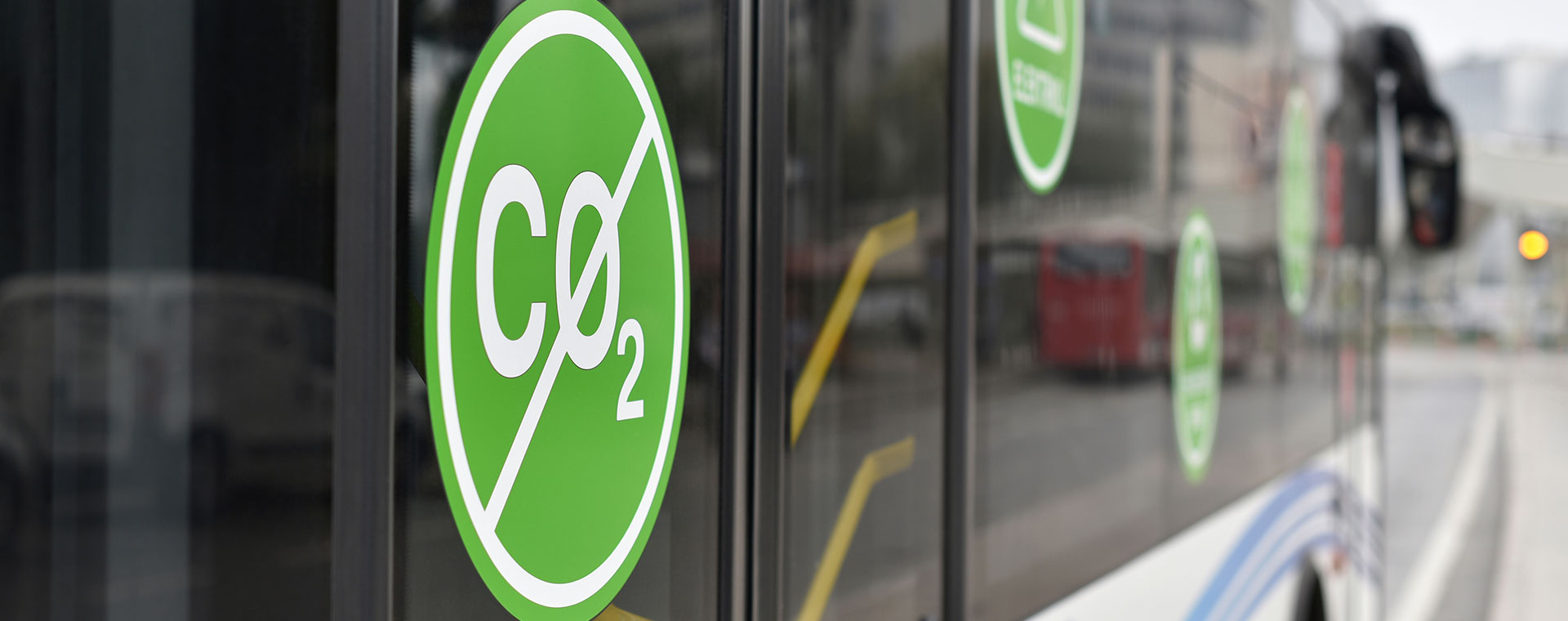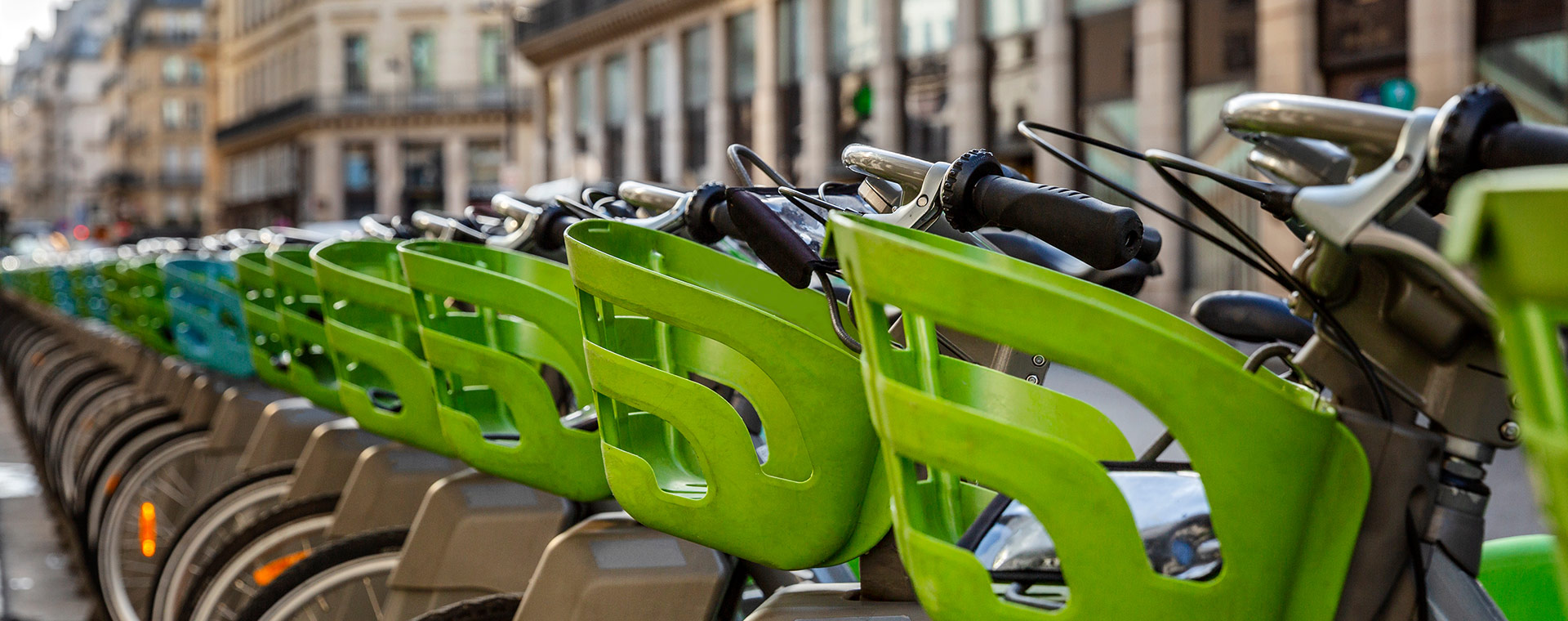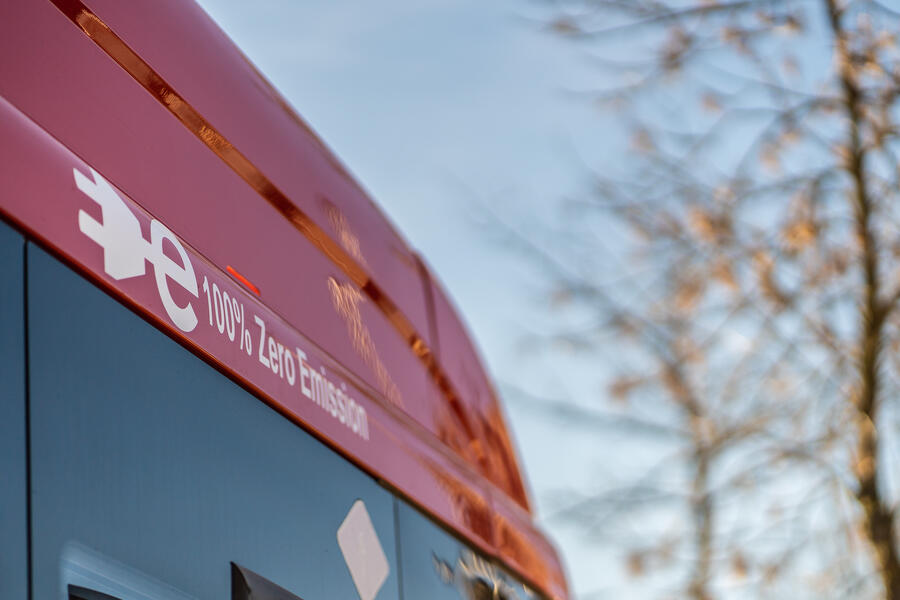Interview
Decarbonization
Ecology and solidarity: joining forces

A key part of civil society, Non-Governmental Organizations (NGOs) focusing on social welfare aspects of policy have major contributions to make to the debate about the future of mobility. The Mobility Times asked three NGOs how they think Europe can move towards decarbonization goals in transportation while leaving no socially and economically-vulnerable parts of the population behind.
A little courage (Arnaud Potel Member Pour Un Réveil Écologique)
How can mobility contribute to social cohesion?
The dominant doctrine today is that we need a transfer away from the massively used individual vehicle towards public transportation. For that to work, we need to develop the notion of acceptability of ecology. You have plenty of environmentalists calling for ecological measures, but often they are unacceptable socially. There can be a lack of pedagogy in this area.
Is public transport attractive enough?
Many people don’t use public transport, and it’s not necessarily a question of ticket prices. It’s about solutions. But even where solutions exist, there is a mental effort involved in using them. In some European countries, you can take public transport by just swiping your credit card. This system is in place in French cities like Marseille, Dijon and Lyon, and in Brussels, it’s even cheaper than physical tickets. But in Paris, for example, you have a plethora of different travel passes instead. It’s as if they were trying to deter people from taking public transport. The real problem is this awful lack of readability. People don’t understand what’s on offer, or where the timetables are. So they take their car.
What’s an example of best practice?
We need to look more closely at congestion charges, especially very dense urban centers. You can’t ban people from using cars, but there could be a charge, depending on income, and the size, type and age of the car. Some people find this scary, but it can be made acceptable if it’s explained properly. It will require a little courage to implement.
Any message to local authorities?
Stop developing projects that are absurd. I’m not at all certain that the Paris project to build a dedicated rail link to Roissy Charles-de-Gaulle airport will help to decarbonize mobility when there already is a public transport link. A direct link for 25 euros will increase social segregation a little bit more. And you will encourage people who already take the plane a lot to take it even more. Instead, we should be looking at how to decarbonize the huge part of mobility that is happening in peri-urban areas, and between peri-urban areas and the city center.
A socially fair transition (Diane Strauss, Director, France Transport and Environment)
What is your assessment of progress towards decarbonized transport?
We are at a crucial moment today. The EU’s Green Deal is a positive development, but it was conceived without sufficient means, either financial and social, for implementation in a socially equitable way. Politicians must decide whether to take it forward by adding a social component to its industrial component. And that is a very important dimension. But the political landscape has changed, and some want to go back on parts of the Green Deal.
How should the Green Deal evolve?
We need a new ecology approach that is built around a social contract. We’re at a point where all regulation, all taxation is received as punitive. We need to organize the transition in a way that gives the most fragile and vulnerable parts of the population access to decarbonization solutions without them feeling that they are being punished.
An example?
Take electric cars. Low-income households cannot afford new electric vehicles, around 60 percent of which are bought by companies, and 40 percent by wealthy households. We need to ask companies, especially, to be at the forefront of electrification. This is a social measure in two ways: firstly you don’t put the burden of expensive new cars on low-income households. And secondly, after a few years there will be a second-hand market with affordable electric cars. If you add social leasing schemes into the mix, you can imagine the impact.
Will attitudes have to change?
We need to find a consensus to the effect that people and entities with more money contribute more to a socially fair transition. Lower-income households often don’t have good alternatives to their private cars. To succeed in the transition, they need mobility solutions that are affordable, safe and comfortable. If possible, they should be decarbonized, but even a non-electric regional transit bus is a better choice than the private car. And if you really need a car, try and have an electric one.
Biggest problem, biggest solution (Benoît Thirion, Lawyer – expert Terra Nova)
What’s the problem with transport?
Transport is the biggest emitter of greenhouse gasses, with a share of 30 percent of national emissions in France. Despite some progress, transport decarbonization is not a success story, because it is the only sector that has not reduced its emissions since the 1990s. The biggest share goes to road transportation which accounts for 80 percent of human travel, and 90 percent of freight.
So it should be a priority for decarbonization?
We’re in a situation where the biggest problem also contains the biggest solution. Since transport is the biggest emitter of greenhouse gas, it has to see the biggest reductions. This will help the climate and air pollution, but also energy sovereignty because with more electrification we will import less fossil fuel, and economic sovereignty because hydrocarbon imports make up a big part of our deficits, and our purchasing power.
What are the obstacles?
The social aspect is very important. There is a risk that we create a two-speed society, with metropolises decarbonizing with good public transport and good infrastructure, such as cycling paths, while peri-urban areas, where individual vehicles with combustion engines are still the only solution, would be cut off. And this splintering causes problems for people who have been unable to decarbonize because they have no alternatives.
What can be done?
Decarbonizing is expensive, and if we want lower income populations to sign up, we need to help them. The main effort must go towards electrification. Even if we, say, doubled the share of rail transportation in the mix, the share of road transportation would still be more than 70 percent of the total. There needs to be help towards the acquisition of electric vehicles, but we also need more infrastructure, such as charging points for e-vehicles.
And public transportation?
We need more mass transit in non-urban areas, such as express transport on roads, which would include express buses and car sharing for longer, everyday trips. Trains, which are great mass transit vehicles, are not always available in some regions, especially outside of metropolitan areas.
-
 Interview
Public investment
Interview
Public investment
Recommendations for European cities to achieve carbon neutrality in transport
Charlotte Halpern, FNSP tenured researcher at Sciences Po Paris’ Centre for European Studies and Comparative Politics
-
 Interview
Desirability
Interview
Desirability
What needs to occur for public transportation to become our default choice?
Karaki Samah, Founder and Director of the Social Brain Institute
-
 Interview
Climate
Interview
Climate
How can we reconcile mobility and climate action?
Gemenne François, Member of the IPCC and co-director of the Defense & Climate Observatory at IRIS Scientific Advisor
-
 Edito
Logistics
Edito
Logistics
How can we reconcile passenger and freight transportation?
Anne-Marie Idrac Chairman of France Logistique and SANEF
While the mobility of passengers has long been a topic of public debate, the movement of goods — logistics — has emerged more recently and remains a blind spot in both research and political action. -
 Interview
Climate
Interview
Climate
How can we align the objectives of the ecological transition with national realities and budgetary constraints?
Xavier Roseren, French Deputy
